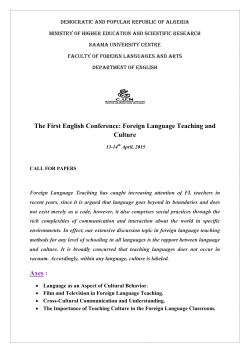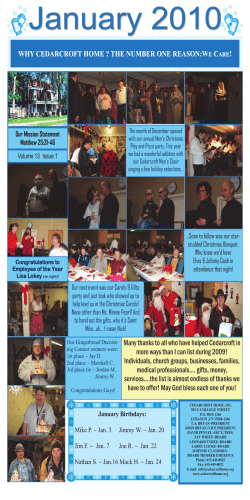
Handmade accessories class—Kfair and Ibl Saki groups, Southern Lebanon "Menna" is an initiative established by Amel Association International as part of the project on "Promoting Access for Rural and Refugee Women to the Labor Market and Livelihood Opportunities", funded by UN Women Fund for Gender Equality. "Menna" provides a networking opportunity to women by promoting their products as well as linking them to national and international markets, thus improving their livelihoods. "Promoting Access for Rural and Refugees women to the Labor Market and Livelihood opportunities" project purposes to provide access for productive women to the Lebanese labor market with wider opportunities to grow and speed their selling rates. Moreover, we are economically and socially empowering and encouraging women to enter the workplace including refugee women in Lebanon. Amel with the UN Women Fund for Gender Equality had a strategy to integrate the culture of the regions that women belong to. We intended to link their products with a specific cul- tural background which is a good element to use in the marketing campaign. For instance, in Southern Lebanon; Tyre women focused on transmitting the Phoenician heritage through glass painting and artisanal work, while Marjeion and Hasbaya women benefited from their land and focused on natural olive oil soap production; food processing and some revived their traditional needle work. As for refugee women coming from Syria, Iraq, Sudan and other countries, they brought their colorful touches in handmade accessories, traditional stamping, etc… Amel aimed at forming an extensive network and providing a showroom as a market place for the women's products, that would be the skeleton or wide umbrella for our whole beneficiaries' produces. That was the seed that gave birth to "MENNA." Why Menna? We wanted the name of this network to come from our hearts, be short, simple, and close to the customer needs as well as reflecting our approach to target and touch the clients as persons who can feel “us” and there fore “MENNA” was born to reflect two different faces: 1. Menna – Arabic translation = from us 2. Menna - Arabic abbreviation = our handmade products Menna Logo The logo designed for MENNA represents the feminine symbol while including the various items that women made from their hands as a productive force. Heading to that target, Amel Association International followed two fold strategy with practical training, through building capacities, and technical trainings to enhance better quality of production. Women were then provided with marketing and sales methodology and training to increase their revenues by enhancing the relevance of their produces according to the market needs. This is moreover facilitated by the opening of the MENNA shop. “THE BEST WAY TO PREDICT FUTURE IS TO INVENT IT” ALAN KAY After two years since the project first came to ground, the Amel team was able to reach these insights: 504 women received awareness sessions in economical rights, gender discrimination and self-esteem. 80 % had previously no information about their economical rights and we were soon able to notice results of change throughout their encouragement and belief in their potentials to start learn- ing and practicing vocational trainings and production. Beneficiaries attending a session Documentary shooting— Ain Remeneh, Beirut ally satisfied the safety requirements before being presented in the shop. Food Processing, Kfair Southern Lebanon 146 women moved to the technique of Production trainings according to international standards for the quality control for food processing, handicrafts and organic soap production. For that need, the Amel team built a link with The Lebanese Agricultural Research Institute (LARI) which is a governmental organization under the supervision of the Ministry of Agriculture. We were able to test the women different production items which eventu- 171 productive women received marketing and managerial skills training in Business management, marketing and IT applied to business. 80% from these women work in 13 different Civil Society Organizations . Hence, they transferred the knowledge to their colleagues afterwards while the rest 20% of our beneficiaries work as individuals in their private businesses. Glass Painting—Tyre Southern Lebanon FGE Field Visit and meeting beneficiaries—Southern Lebanon Almost 130 beneficiaries are going to present their production in this “Menna” shop. Traditional bread baking Almost 30 women from the host and refugee communities in rural areas began their own businesses separately after receiving the trainings with Amel. Some beneficiaries created their own social media pages and prepared their own com- munication tools such as business cards and flyers. 5 beneficiaries started using their own branding names as their own trademarks including two Syrian refugee women. 15 women in Hasbaya Region (Southern Lebanon) built up a small network among themselves to form a new cooperative. Embroidery www.mennalb.com 01.317 296 Chocolate Preparation The Amel team was able to develop a networking training among 50 beneficiaries from all groups. Thus these women started to exchange experiences and link together providing wider streams of accessibility to the market, external trainings and exhibitions.
© Copyright 2026









